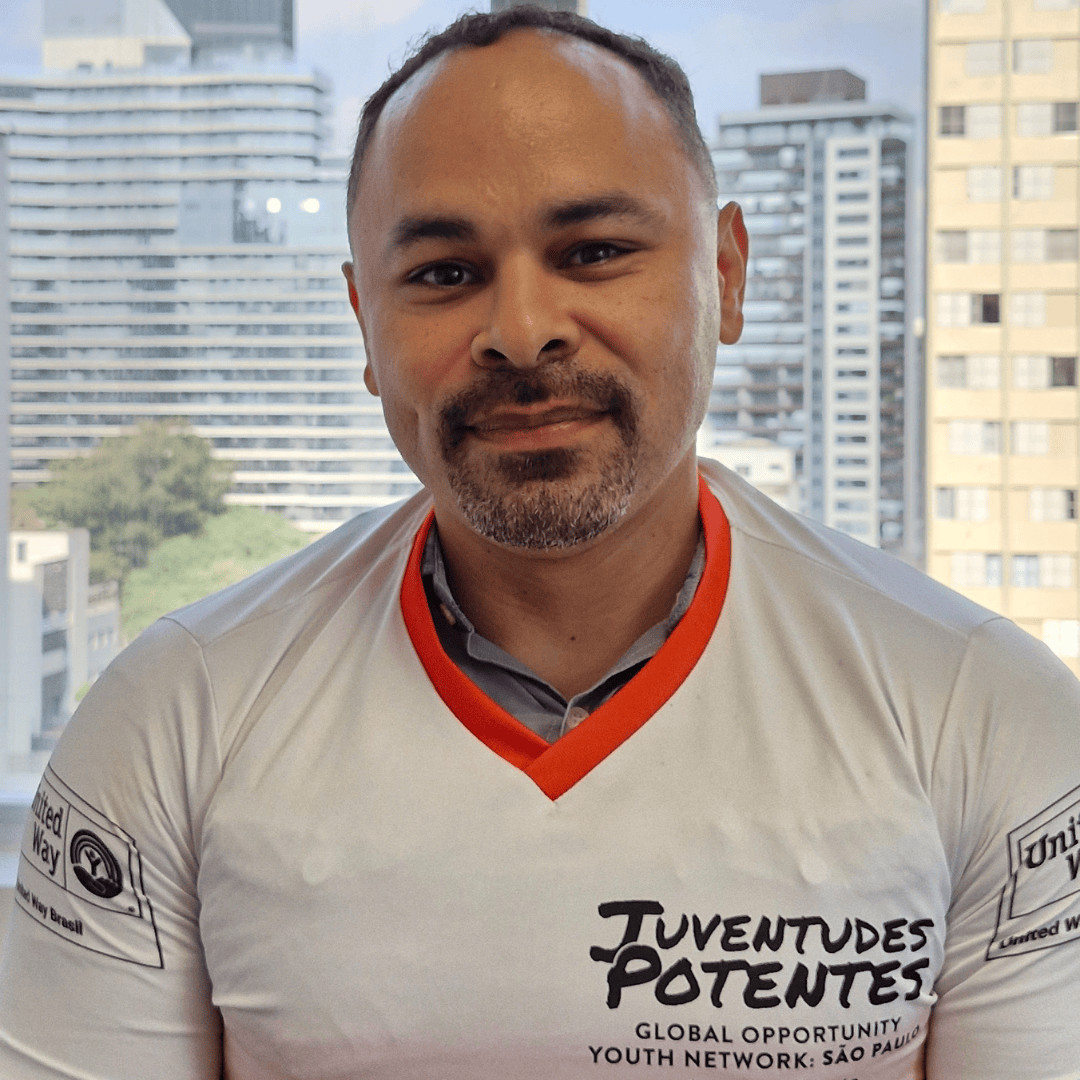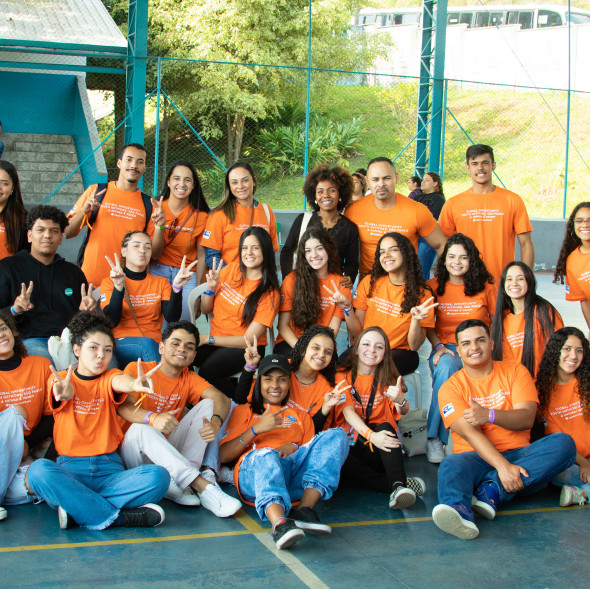By Nilton Clécio da Silva Patrício
Projects and Partnerships Coordinator,
GOYN-São Paulo
In an increasingly complex and changing world, self-knowledge has become an essential tool for the holistic development of young people. Understanding who we are, our strengths, weaknesses, and motivations, enables young people to make more informed decisions, face challenges with resilience, and build personal and professional paths more aligned with their essence and well-being.
One of the most robust methodologies for studying personality is the Big Five model, which identifies five major traits that define human behavior:
-
Openness to Experience: Describes curiosity, creativity, and openness to new ideas. Young people with high openness tend to adapt better to changes and challenges, being innovative and exploratory in different areas.
-
Responsibility (Conscientiousness): This trait is related to discipline, organization, and perseverance. For young people, strengthening conscientiousness is essential for staying focused on their goals, keeping commitments, and managing their time—key aspects of education and starting their professional careers.
-
Extraversion: Indicates sociability, energy, and leadership skills. Extraversion facilitates building support networks and teamwork, important elements in educational and work environments.
-
Kindness: Measures empathy, cooperation, and trust toward others, essential qualities for establishing healthy and collaborative relationships.
-
Neuroticism (Emotional Stability): Refers to the propensity to experience negative emotions such as anxiety, frustration, or stress. Recognizing and addressing this trait is vital for young people to learn to manage stressful episodes, which often manifest as academic pressure, interpersonal conflicts, and personal frustrations.
As a behavioral specialist, I observe that one of the greatest challenges for young people is precisely learning how to cope with these moments of stress. Self-knowledge helps identify emotional "reinforcement zones," that is, the internal strategies each young person has to protect themselves and recover from adverse situations. Knowing these comfort zones and the areas that require strengthening allows for better stress management, promoting mental health and preventing specific episodes from leading to chronic problems such as anxiety or depression.
In Brazil, large companies and social organizations have recognized the value of these psychometric methodologies. Brands such as Magalu, Eletrobras, and Boticário use them to support their young talents in training, mentoring, and development processes, creating environments where self-knowledge drives continuous improvement, inclusion, and sustainability.
Access to tools that allow young people to map their personality profiles and understand their behavior is especially crucial in vulnerable contexts, where a lack of support can limit opportunities and increase social inequality. Fostering self-awareness not only boosts individual success but also strengthens communities and organizations, building a more equitable and resilient society.
In conclusion, investing in youth self-awareness means preparing a generation capable of facing current and future challenges with confidence, emotional intelligence, and purpose. It means investing in a future where every young person can be a conscious protagonist of their own story.






